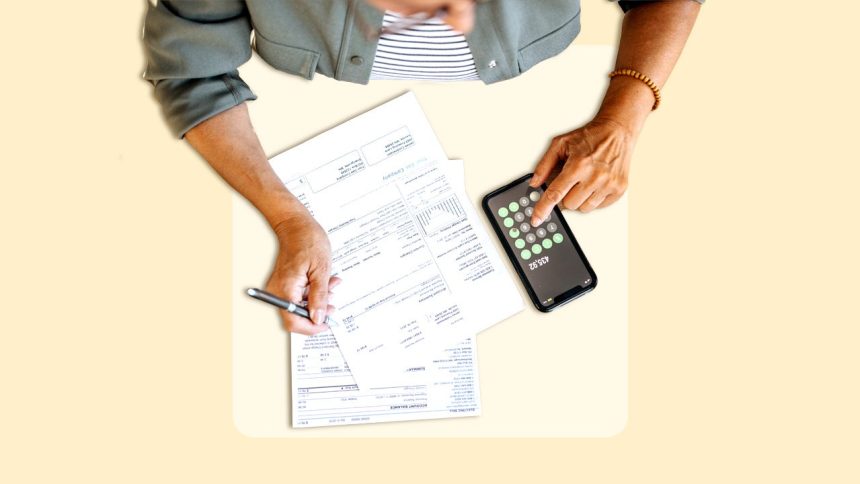Image by GettyImages; Illustration by Bankrate
Key takeaways
- A cashier’s check is paid for with bank funds, while a certified check is from a personal bank account.
- Unlike a personal check, with a certified check, the bank verifies that you have sufficient funds.
- Both cashier’s checks and certified checks may come with a small fee.
Cashier’s checks and certified checks are both popular methods of payment for large financial transactions. The main difference is a cashier’s check is backed by the bank’s or credit union’s funds, whereas a certified check is drawn from the buyer’s personal account. To help you understand the difference between the two, and to decide which one is right for your financial needs, let’s take a look at what each type of check is and why one might be a better choice than the other.
What is a cashier’s check?
A cashier’s check is a check issued by a bank or credit union, usually on behalf of its customer, who pays the institution the face value of the check. Such a check is typically used for larger transactions. A cashier’s check might be used for home renovations, for example. To obtain a cashier’s check, you provide the bank with the desired amount of money, and it issues a check using its own funds.
A cashier’s check provides peace of mind to the payee because it’s backed by the bank’s funds. Cashier’s checks are more secure than regular personal checks because they’re guaranteed by the bank. Therefore, a cashier’s check can’t bounce.
Fees for cashing a cashier’s check typically range from $5 to $15. The fee can vary depending on the bank, with larger, established banks often charging a minimum fee of $10 (e.g. Wells Fargo charges $10 and Bank of America charges $15).
What is a certified check?
Like a personal check, a certified check functions by withdrawing funds from the accountholder’s checking account. However, a certified check undergoes a verification process by the bank to ensure that there are sufficient funds in the checking account to cover the amount stated on the check. The recipient of the funds can be certain that the bank has authenticated the check, the signature and the availability of funds. This process reduces the likelihood that the recipient will receive a bounced check.
The fee for a certified check can be higher than for a cashier’s check, usually around $15 to $20.
Differences between a cashier’s check and a certified check
| Cashier’s check | Certified check | |
|---|---|---|
| Cost per item | $5 to $15 | $15 to $20 |
| Availability | Can be purchased at a bank or credit union, online or in person | Can be purchased at a bank or credit union, but filled out in person |
| Source of funds | The bank or credit union | The payer |
| Safety | No risk of bouncing | The financial institution verifies the check to ensure its validity and that the payer has sufficient funds |
| Best for | Those who need a secure payment method guaranteed by the financial institution itself, and those with an online-only account | Those who want extra assurance that there are sufficient funds in the personal account |
Bottom line
Cashier’s checks and certified checks are both secure ways to pay for larger transactions. With a cashier’s check, it is backed by the bank’s or credit union’s funds, whereas a certified check is drawn from the buyer’s personal account. Both may require a small fee.
Why we ask for feedback
Your feedback helps us improve our content and services. It takes less than a minute to
complete.
Your responses are anonymous and will only be used for improving our website.
Help us improve our content
Read the full article here















